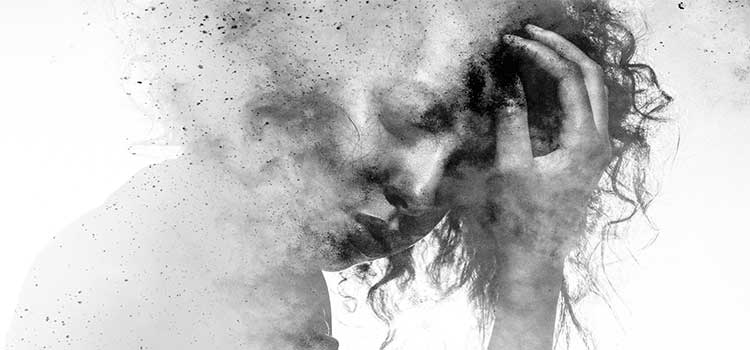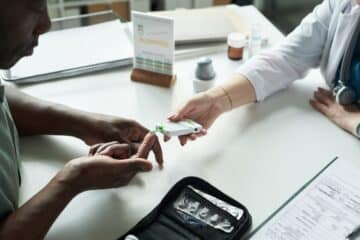Neuromechanics of Major Depression and Pain
Major depression is often associated with painful physical symptoms such as a headache, backache, stomach ache, joint ache, general fatigue and muscle ache. In fact, 65% of people with depression complain of pain. And there is a good reason–it’s biological.
Depression and pain share a common neurochemical pathway in that they are both influenced by serotonin and norepinephrine. In fact, research suggests that a patient’s ability to achieve depression remission may be directly related to the reduction of painful physical symptoms. According to Harvard Medical School, depression and pain:
Communication between body and brain goes both ways
“Is a convergence” “… reflected in the circuitry of the nervous system. In the experience of pain, communication between body and brain goes both ways. Normally, the brain diverts signals of physical discomfort so that we can concentrate on the external world. When this shutoff mechanism is impaired, physical sensations, including pain, are more likely to become the center of attention.
Brain pathways that handle the reception of pain signals, including the seat of emotions in the limbic region, use some of the same neurotransmitters involved in the regulation of mood, especially serotonin and norepinephrine. When regulation fails, pain is intensified along with sadness, hopelessness, and anxiety. And chronic pain, like chronic depression, can alter the functioning of the nervous system and perpetuate itself.”
Patients tell us that pain alongside depression feels suffocating, lonely, hopeless and dark.
How to Treat Co-occurring Major Depression and Pain
Diagnosing both emotional and physical symptoms is the first key to treatment of major depression and pain. D’Amore Healthcare uses comprehensive assessments to help patients make informed decisions about their care, before admission, during and after discharge. Only treating one or the other increases chances of reoccurrence.
The second key is motivation, the desire for change. Usually, change feels elusive and out of reach. However, our clinical practices prove that nothing is impossible and every human being deserves world-class compassion and integrative care.
A Holistic Approach
Treating the “whole person” is the most effective approach to co-occurring depression and pain. In addition to medication, nutrition, cognitive therapy, recreational therapy, physical therapy and psychotherapy can lead to remission of both depression and pain symptoms. Antidepressants that relieve symptoms of depression and pain can help. However, not all medications that treat depression are effective in also relieving pain.
For example, SSRIs (such as Sertraline and Fluoxetine) only inhibit the reuptake of serotonin. Antidepressants that inhibit the reuptake of both serotonin and norepinephrine are more effective for depressed patients who present with physical symptoms.
If you suffer from feelings of depression and physical pain, D’Amore Healthcare will help. Let us help you find relief and enjoy living your life again.
Stay connected, stay motivated and chances are you will enjoy a happy, healthy, less-stress life! To learn more, contact us or call 714.375.1110
D’Amore Healthcare is a dual diagnosis and substance abuse addiction treatment center in Orange County, CA.





































